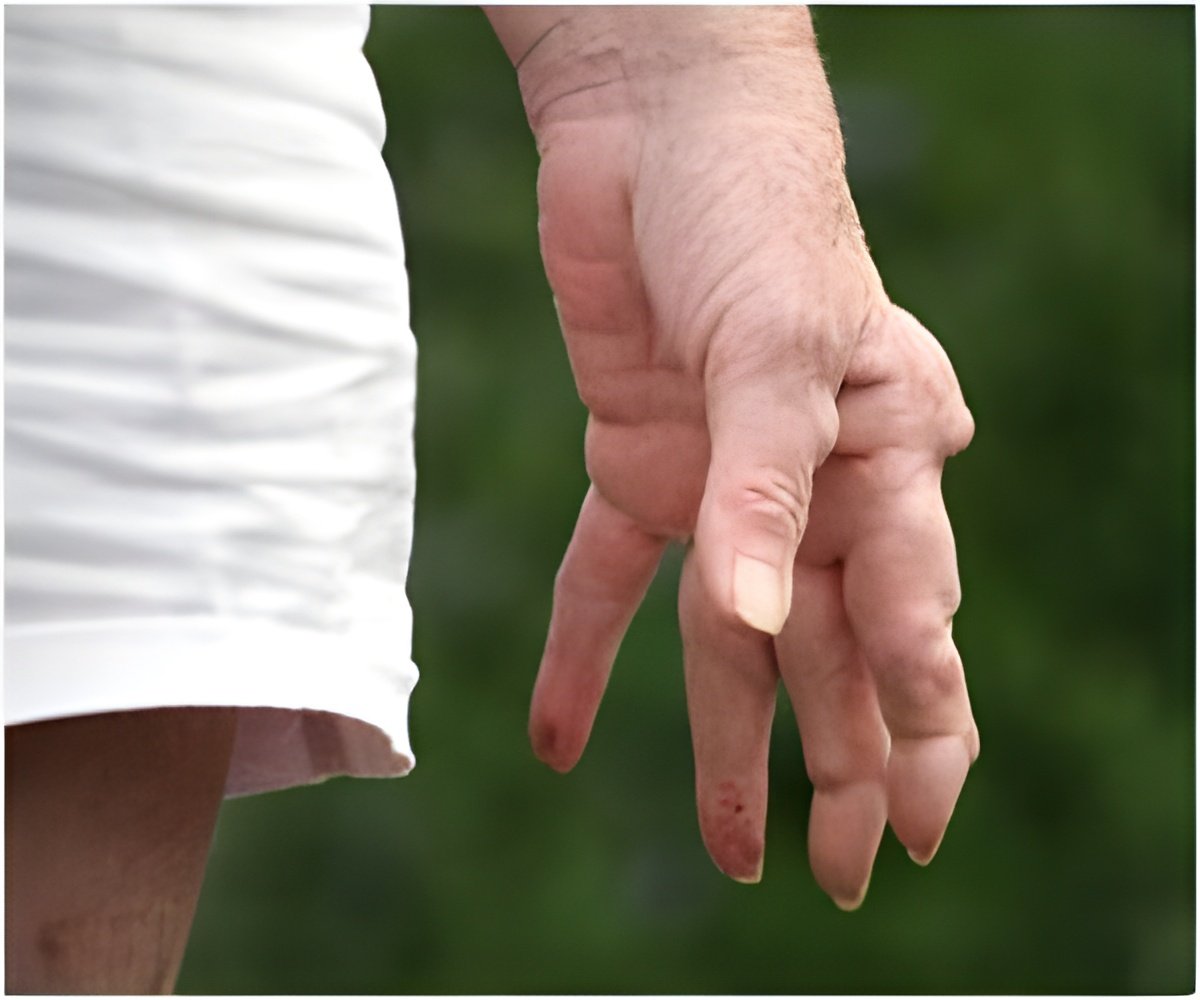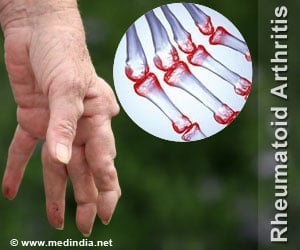Relapses occurred particularly in the first 6 months after treatment reduction, and were associated with the presence of ACPA.

‘Regular low-impact exercises, such as walking, and exercises can increase muscle strength. This will improve overall health and lower pressure on your joints.’





A combination of the multiple-biomarker disease activity (MBDA) score and anti-citrullinated protein (ACPA) status allowed the categorisation of different levels of relapse risk, which in turn may be used to implement successful DMARD tapering, with a resultant reduction in the cost of treatment. With the development and wider use of highly effective DMARDs, about one half of RA patients achieve disease remission, which is the ultimate treatment goal. This then raises the question of whether anti-rheumatic treatment can be tapered or stopped altogether, and how to predict which patients are least likely to relapse as a result.
Previous results from the RETRO study demonstrated that more than half of patients stay in remission after tapering or stopping conventional and biological DMARD treatment. Relapses occurred particularly in the first 6 months after treatment reduction, and were associated with the presence of ACPA. However, prediction models for disease relapse based on ACPA alone needed further improvement.
"We have now been able to create a risk-stratified tapering model based on different relapse rates according to the use of MBDA and ACPA status as predictors," said lead author Dr. Melanie Hagen from the University of Erlangen-Nuremberg, Germany. "Having shown in the RETRO study that those RA patients who relapse after tapering their DMARDs respond well to their reintroduction, a structured tapering and stopping of DMARDs is not only a cost economic strategy, but also clinically feasible," she added.
RA patients with a low MBDA score (<30) and negative ACPA status showed the lowest risk of relapse (19%). With a moderate/high MBDA scores (?30) or single positivity for ACPA, the relapse risk increased, and the risk was highest in those patients with double-positive ACPA (61%). On this basis, DMARD tapering appeared feasible in the MBDA-low / ACPA-negative patients, and in MBDA moderate/high / ACPA negative patients.
Advertisement
The average reduction of DMARD costs per patient was €2,350.08 in the MBDA-low / ACPA-negative and the MBDA-low / ACPA-single positive patients, and €1,761.43 in the MBDA-moderate/high / ACPA single-positive patients.
Advertisement
Source-Eurekalert














